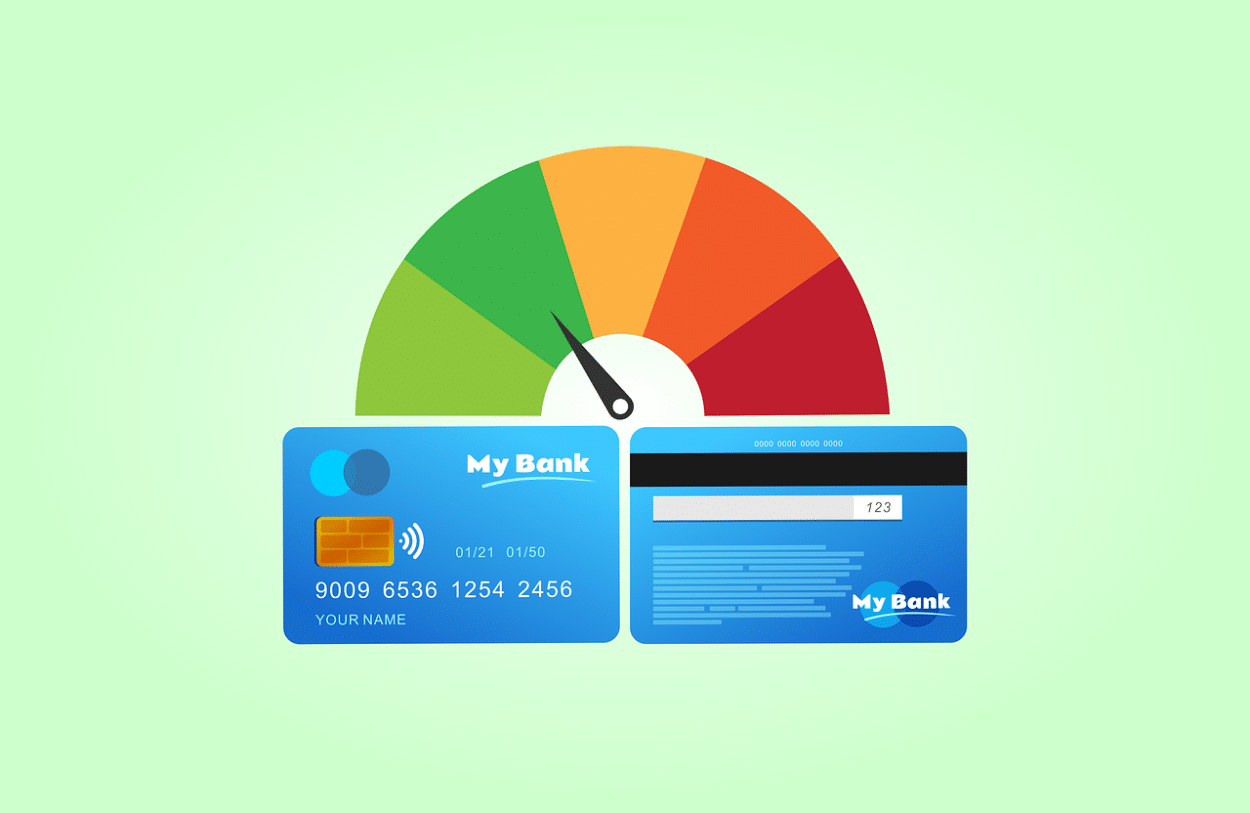Let’s have a little chat about something that might sound a bit boring but is actually super important—your credit score.
Yeah, I know, it’s not the most exciting topic, but trust me, you need to pay attention to it, especially if you’re not a finance whiz. Your credit score can greatly impact your life, affecting everything from getting a loan to renting an apartment or even landing a job.
So, let’s break it down more conversationally, shall we?
First, checking your credit score often is a smart move. Why? Well, it keeps you in the loop about your financial health.
Think of your credit score as a mirror reflecting how well you manage your money. By keeping an eye on it regularly, you can see if there are any changes or ups and downs happening. This way, you get the most accurate picture of where you stand financially.
Armed with this knowledge, you can make better decisions about things like applying for loans or negotiating interest rates. It’s like having a superpower but for your wallet!
Now, let’s talk about when checking your credit score becomes essential.
Trust me, these are the moments you don’t want to miss:
- Before applying for a loan or credit card: Whether you’re dreaming of a new car, a cozy house, or a shiny new credit card, checking your credit score beforehand is a must. Lenders and banks rely heavily on your credit score to figure out if you’re a trustworthy borrower. A higher score can open doors to better loan terms and lower interest rates. So, take a peek at your credit score, fix any errors, and if needed, work on improving it before you hit that “Apply” button.
- Before renting an apartment or house: Planning to move into a new place? Landlords often check credit scores to see if you’re financially responsible. A good credit score can boost your chances of snagging that perfect rental spot. You can spot any negative marks that might hurt your application by checking your score beforehand. That way, you can act and show the landlord you’re a reliable tenant.
- When keeping an eye out for identity theft: Ah, the digital age, where identity theft is, unfortunately, a thing. Scammers can mess with your credit score by opening fake accounts or going on shopping sprees with your info. Yikes! Regularly monitoring your credit score helps you catch any suspicious activity that might be a sign of identity theft. If you see anything fishy, it’s time to call the credit bureaus and report the issue. Catching identity theft early can save you many headaches and protect your precious finances.
- After significant life events: Life happens, and some events can mess with your credit score. Getting married, divorced, changing your name, going bankrupt, or settling a massive debt can all impact you. Checking your credit score after these events gives you a clear idea of their effects on your score. If needed, you can take steps to rebuild and improve it. Remember, your credit score is like a bouncy ball—it can bounce back!
- If you haven’t checked it in a while: Even if you’re not planning any big financial moves or facing major life changes, it’s still a good idea to check your credit score periodically. It’s like taking your financial temperature. You can track your progress and make any necessary adjustments to maintain a healthy credit profile by keeping an eye on it. You might spot areas where you can improve, like paying off debts on time or disputing incorrect info. Being proactive now will set you up for financial success later on.
So, what exactly makes a good credit score? Well, there’s a range to keep in mind. The US’s most commonly used scoring model is the FICO Score, which ranges from 300 to 850. Here’s the breakdown:
- Excellent Credit: 800 and above. This golden range shows that you’ve been rocking responsible financial behavior. It means you have a long credit history and low credit utilization and pay your bills on time. Way to go!
- Very Good Credit: 740 to 799. Falling into this range means you have a strong credit profile and know how to handle credit responsibly. You’ll likely qualify for loans with competitive interest rates and favorable terms. Nice work!
- Good Credit: 670 to 739. Landing in this range means you have a generally positive credit history. It’s not the highest tier, but lenders still consider you low-risk. Keep it up!
- Fair Credit: 580 to 669. If your credit score falls in this range, it might indicate some past credit issues or limited history. You might face slightly higher interest rates or need to provide extra documentation for certain loans. But fear not, you’re on the right track!
- Poor Credit: Below 580. Uh-oh, a poor credit score suggests there are some serious credit problems in your past. Late payments, defaults, or high debt levels might decrease your score. Getting credit might be tough, and if you do manage to get it, it could come with higher interest rates or require some creative alternatives. But hey, it’s not the end of the world—there are steps you can take to improve!
Remember, checking your credit score at the right times is crucial for staying on top of your financial game. Whether you’re making big moves, dealing with life events, or simply tracking your progress, keeping an eye on your credit score empowers you to take control of your financial well-being. So, stay informed, be proactive, and make smart decisions to boost that score and achieve your financial goals. Trust me, knowledge is power, and checking your credit score is key to financial success. You got this!



